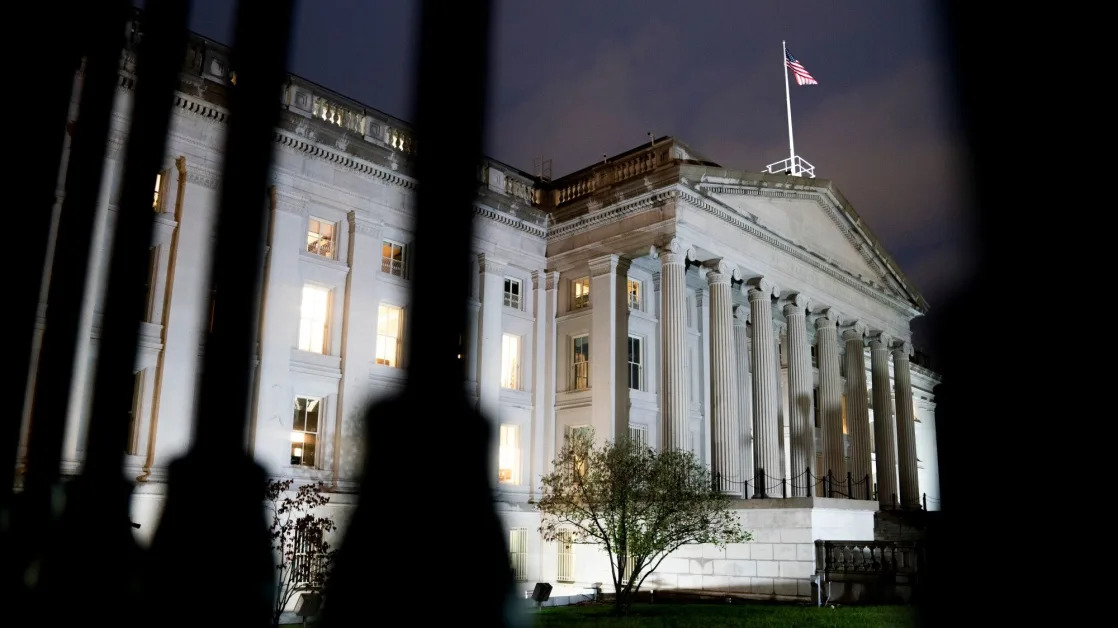(Bloomberg) -- South African stocks are having their strongest third quarter for 11 years and investors see the gains extending.
The FTSE/JSE Africa All Share Index is up around 10% over the three months as of its last close, notching 13 record highs in the process and outpacing a rally in MSCI Inc.’s gauge of emerging-market equities.
China-exposed tech investor Naspers Ltd. has led the advance, soaring as authorities in Beijing take steps to stimulate the economy. Banks have also driven the main index higher, buoyed by optimism that falling interest rates and a market-friendly broad coalition government will boost growth.
“The start of the global interest rate cutting cycle is a welcome relief and we are continuing to find good valuation support for a number of high-quality companies,” said Peter Takaendesa, head of equities at Mergence Investment Managers.
The so-called government of national unity, installed after May’s election, has spurred hopes of fixes for the energy and transportation problems that have hobbled Africa’s most-industrialized economy. Meanwhile, the country’s central bank cut rates for the first time since 2020 on Sept. 19 as inflation slows.
“Despite strong gains, we see further room for outperformance, aided by front-loading of rate cuts,” Goldman Sachs Group Inc. strategists including Kamakshya Trivedi wrote in a note, referring to the outlook for South African equities.
Investor sentiment is overwhelmingly upbeat. Bank of America Corp.’s September South Africa fund manager survey found that a record percentage of respondents expect meaningful government reforms, supporting the rand and encouraging monetary policy easing.
“A strong 67% of managers believe local equities are undervalued, signaling potential growth opportunities,” John Morris, a South Africa strategist at BofA, wrote in a note. The rest see value in bonds.
Preferred stock sectors include those linked to the domestic economy, such as banks, fashion retailers and general companies, according to the survey. The outlook is less positive for chemicals, platinum miners and real estate.
To be sure, some market participants say it’s premature to turn too optimistic about China. Moreover, the South African index’s 14-day relative strength index is trading at overbought levels, viewed by some as an indicator of impending weakness.
The South African benchmark was 0.2% lower by 10:18 a.m. in Johannesburg on Monday.
--With assistance from Colleen Goko and Christian Dass.
(Adds Monday’s trading in final paragraph. A previous version of this story was corrected to fix dates in the chart.)





